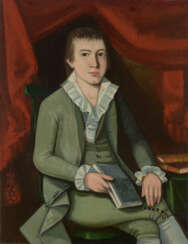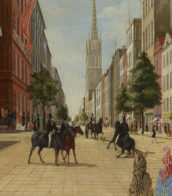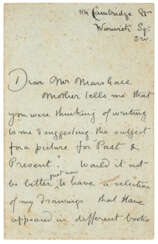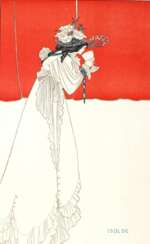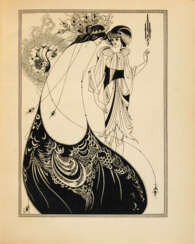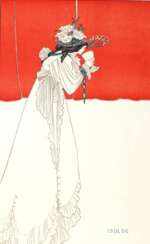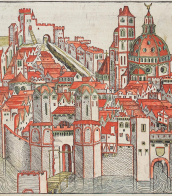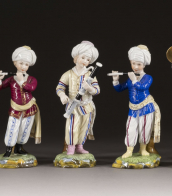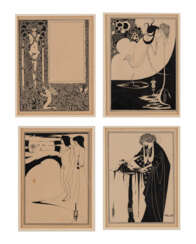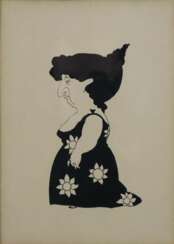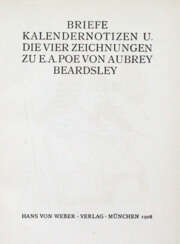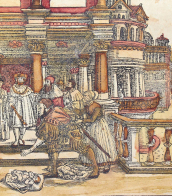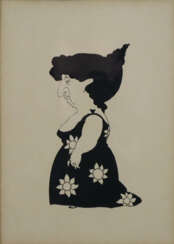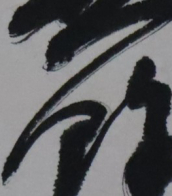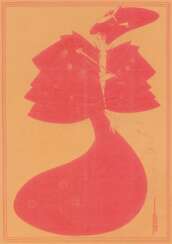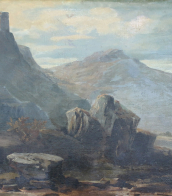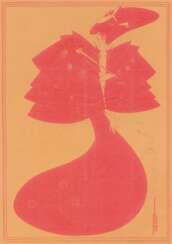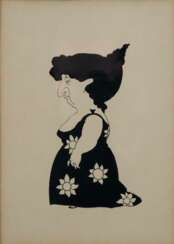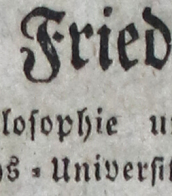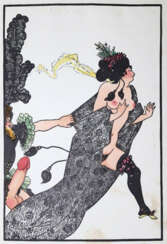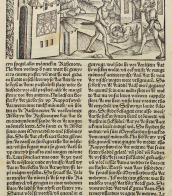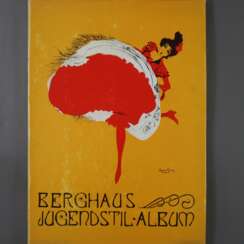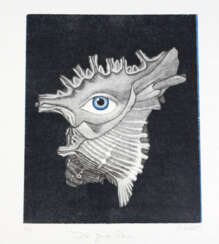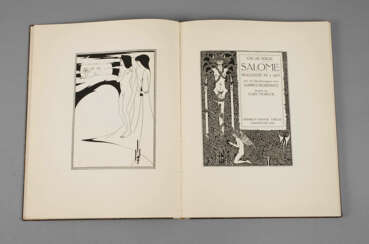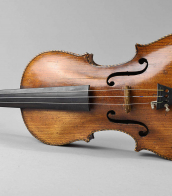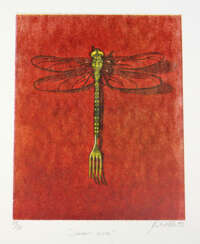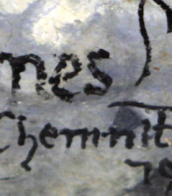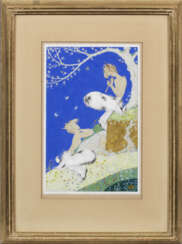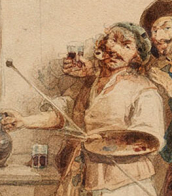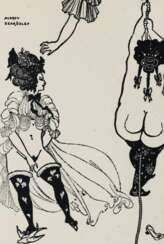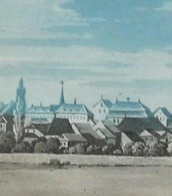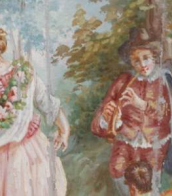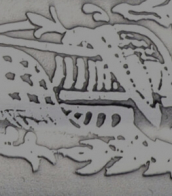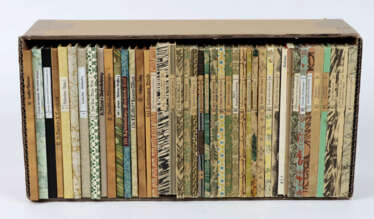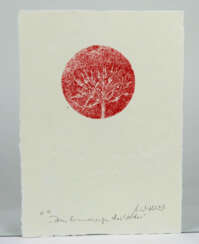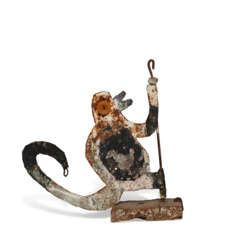beardsley
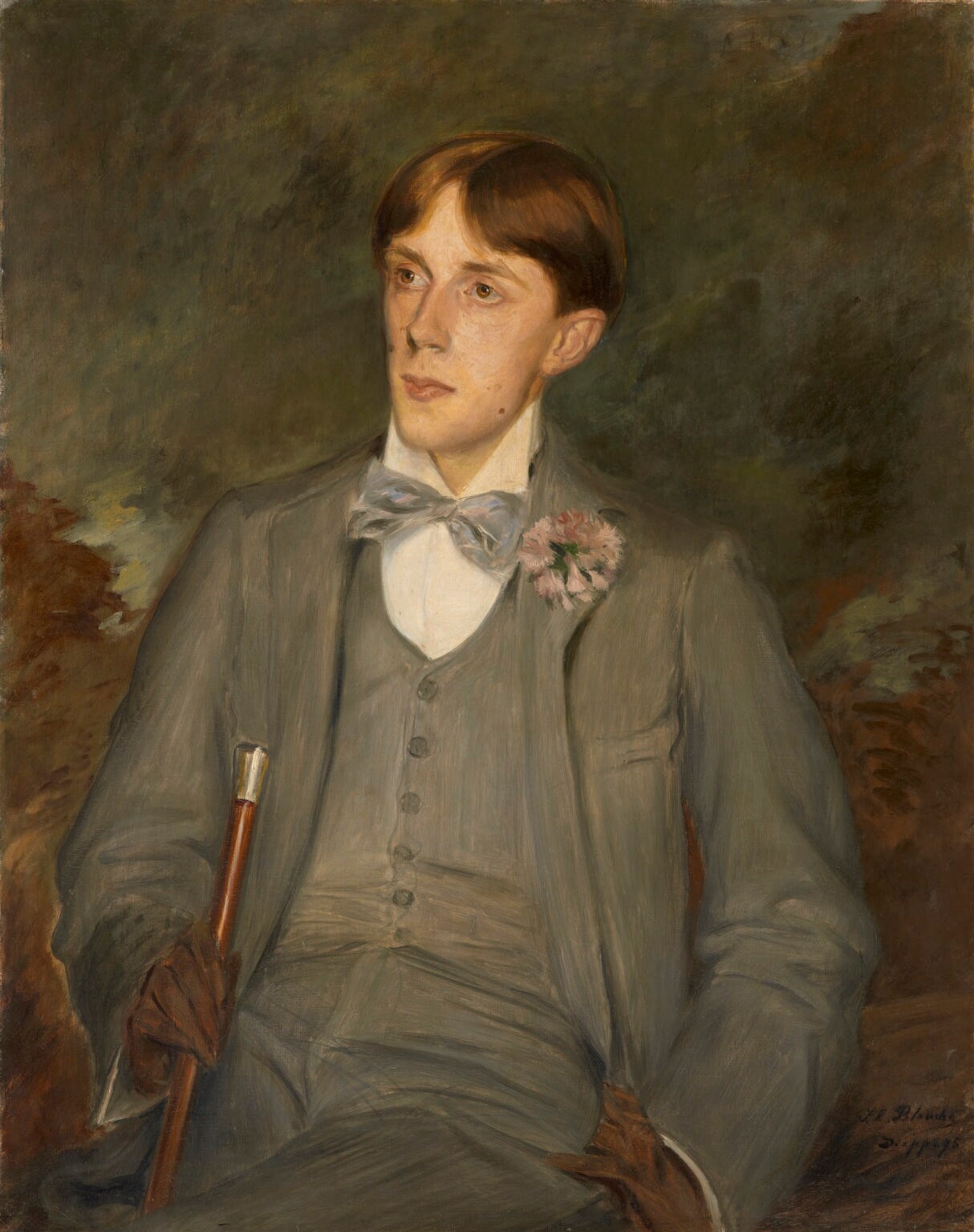
Aubrey Vincent Beardsley was an English artist and illustrator, whose brief yet impactful career left an indelible mark on the art world. Born in Brighton, England, in 1872, Beardsley's work was instrumental in the development of the Art Nouveau movement, and he is often remembered for his bold, innovative illustrations that challenged Victorian sensibilities with their erotic and often grotesque imagery.
Beardsley's artistic journey was characterized by his unique ability to blend influences from Japanese woodcuts with the aesthetic of the English Art Nouveau movement. His illustrations are distinguished by their stark contrasts of black and white, intricate details, and the absence of middle tones, creating a dramatic and unmistakable style. He was particularly known for his illustrations for the limited edition of "Le Morte D'Arthur," which were celebrated for their elaborate detail and pre-Raphaelite influences, despite their sometimes grotesque details. This work, along with his contributions to "The Yellow Book" and illustrations for Oscar Wilde's "Salome," showcased his talent for capturing the decadent and the macabre, earning him both acclaim and controversy (Wikipedia, The Collector).
Beardsley's career, though short-lived due to his untimely death at the age of 25 from tuberculosis, was marked by significant contributions to various publications, including "The Studio" and "The Savoy," which he co-founded. His work for "The Yellow Book," where he served as art editor, was particularly influential. The magazine, using the latest image-reproduction technology of the time, allowed Beardsley to make dramatic use of black and white space, reflecting his vision of modern life and aesthetics (V&A Museum).
Despite facing health challenges and controversies, including being dismissed from "The Yellow Book" during the scandal surrounding Oscar Wilde's arrest, Beardsley continued to work on projects that pushed the boundaries of conventional morality and art. His illustrations for works like Aristophanes' "Lysistrata" and his retelling of the Tannhäuser legend are testament to his enduring creative spirit and his willingness to explore themes of decadence, sexuality, and the grotesque.
Beardsley's legacy extends beyond his death, influencing not only the Art Nouveau movement but also future generations of artists and illustrators. His work continues to be celebrated for its daring originality and its challenge to the norms of his time. The Victoria and Albert Museum, among others, has celebrated Beardsley's contributions to art and culture, showcasing his ability to intertwine the beautiful and the grotesque in ways that remain provocative and engaging to this day.
For collectors and experts in art and antiques, Beardsley's work offers a fascinating glimpse into the aesthetic and cultural shifts of the late 19th century. His influence on poster art, illustration, and the broader Art Nouveau movement underlines the significant impact he had during his brief career. To stay updated on sales and auction events related to Aubrey Vincent Beardsley's work, signing up for updates can provide exclusive access to the continuing legacy of this remarkable artist.


Aubrey Vincent Beardsley was an English artist and illustrator, whose brief yet impactful career left an indelible mark on the art world. Born in Brighton, England, in 1872, Beardsley's work was instrumental in the development of the Art Nouveau movement, and he is often remembered for his bold, innovative illustrations that challenged Victorian sensibilities with their erotic and often grotesque imagery.
Beardsley's artistic journey was characterized by his unique ability to blend influences from Japanese woodcuts with the aesthetic of the English Art Nouveau movement. His illustrations are distinguished by their stark contrasts of black and white, intricate details, and the absence of middle tones, creating a dramatic and unmistakable style. He was particularly known for his illustrations for the limited edition of "Le Morte D'Arthur," which were celebrated for their elaborate detail and pre-Raphaelite influences, despite their sometimes grotesque details. This work, along with his contributions to "The Yellow Book" and illustrations for Oscar Wilde's "Salome," showcased his talent for capturing the decadent and the macabre, earning him both acclaim and controversy (Wikipedia, The Collector).
Beardsley's career, though short-lived due to his untimely death at the age of 25 from tuberculosis, was marked by significant contributions to various publications, including "The Studio" and "The Savoy," which he co-founded. His work for "The Yellow Book," where he served as art editor, was particularly influential. The magazine, using the latest image-reproduction technology of the time, allowed Beardsley to make dramatic use of black and white space, reflecting his vision of modern life and aesthetics (V&A Museum).
Despite facing health challenges and controversies, including being dismissed from "The Yellow Book" during the scandal surrounding Oscar Wilde's arrest, Beardsley continued to work on projects that pushed the boundaries of conventional morality and art. His illustrations for works like Aristophanes' "Lysistrata" and his retelling of the Tannhäuser legend are testament to his enduring creative spirit and his willingness to explore themes of decadence, sexuality, and the grotesque.
Beardsley's legacy extends beyond his death, influencing not only the Art Nouveau movement but also future generations of artists and illustrators. His work continues to be celebrated for its daring originality and its challenge to the norms of his time. The Victoria and Albert Museum, among others, has celebrated Beardsley's contributions to art and culture, showcasing his ability to intertwine the beautiful and the grotesque in ways that remain provocative and engaging to this day.
For collectors and experts in art and antiques, Beardsley's work offers a fascinating glimpse into the aesthetic and cultural shifts of the late 19th century. His influence on poster art, illustration, and the broader Art Nouveau movement underlines the significant impact he had during his brief career. To stay updated on sales and auction events related to Aubrey Vincent Beardsley's work, signing up for updates can provide exclusive access to the continuing legacy of this remarkable artist.
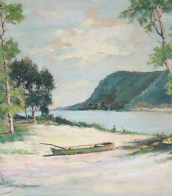
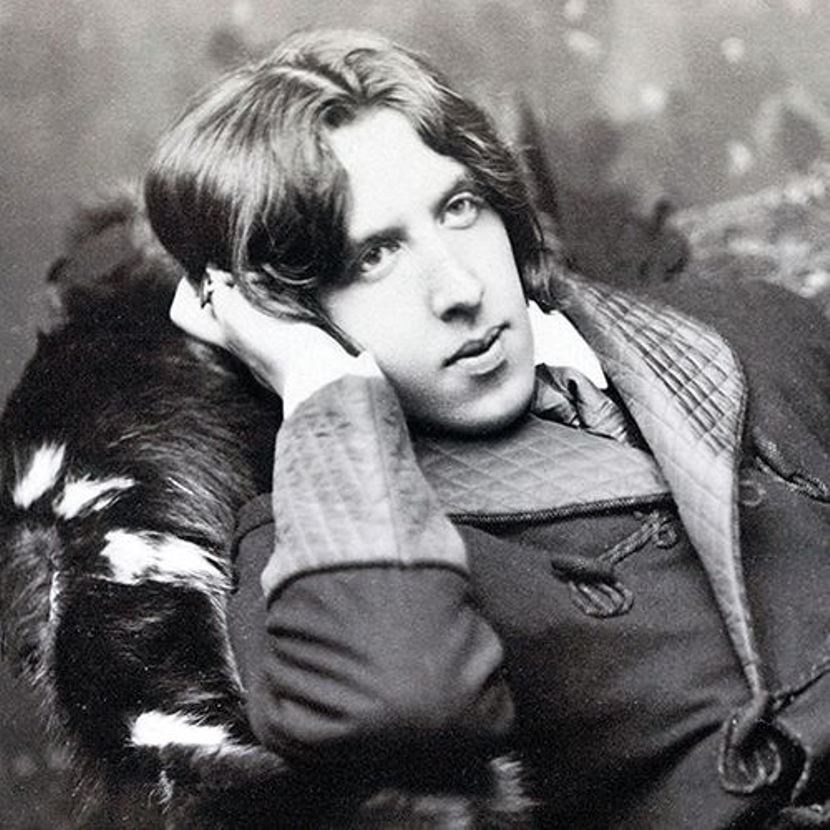
Oscar Fingal O'Flahertie Wills Wilde - Irish writer, poet, philosopher and playwright, a bright representative of the literature of the Victorian period.
Oscar's parents were fond of literature and history, gave their son an excellent education. After graduating from Oxford University, Oscar moved to London, where he quickly entered the circle of secular society. His first book, a collection of poems, was published in 1881. Over the next year, the aspiring writer traveled across America with lectures on art. Then he traveled to France, where he met key figures of French literature of the time - Victor Hugo, Paul Verlaine, Emile Zola and others. Returning to his homeland, Oscar married, thanks to which his children's fairy tales appeared. His popularity grew rapidly, his work was favorably reviewed by Bernard Shaw.
Next, "The Crime of Lord Arthur Seville", "The Canterville Ghost", "The Sphinx without a riddle" were written. In 1890 Oscar Wilde wrote the novel "The Portrait of Dorian Gray", which was considered immoral in high society, but it brought the author the greatest fame. This novel is still considered a classic of world literature to this day. In the early 1890s Oscar Wilde wrote comedy plays "Lady Windermere's Fan", "A Woman Not Worth Watching", "An Ideal Husband" and "How Important It Is to Be Serious". In them, the author shows himself a master of witty dialog. During his life, Wilde wrote nine plays, one novel, many poems, stories and essays.
Bright and full life of a successful and talented writer ended when he met Lord Alfred Douglas. For this scandalous connection with the man, Oscar Wilde was sentenced to two years in prison. After leaving prison, he settled in France under an assumed name, abandoned by everyone. He wrote his last work, the autobiographical "Ballad of Reading Prison" two years before his death at the age of 46.
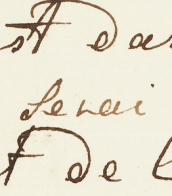
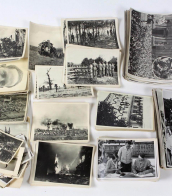
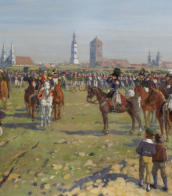
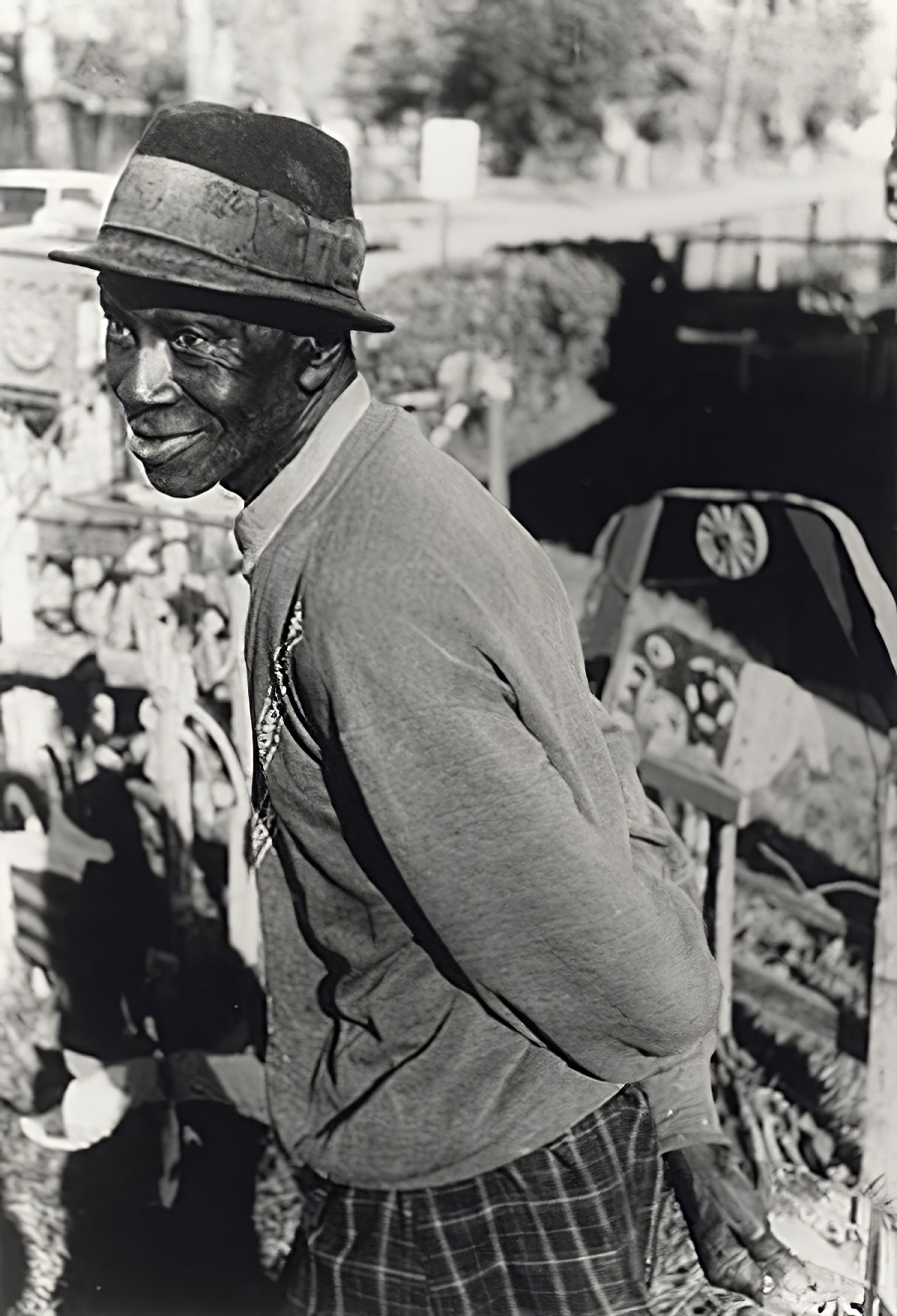
David Butler was an African American sculptor and painter from Good Hope, Louisiana. His style is epitomized by kinetic sculptures made from recycled tin or wood, which he embellished with saturated colors and geometric patterns. His work is now in the permanent collections of the Smithsonian American Art Museum, the American Folk Art Museum, and the Philadelphia Museum of Art.


David Butler was an African American sculptor and painter from Good Hope, Louisiana. His style is epitomized by kinetic sculptures made from recycled tin or wood, which he embellished with saturated colors and geometric patterns. His work is now in the permanent collections of the Smithsonian American Art Museum, the American Folk Art Museum, and the Philadelphia Museum of Art.


David Butler was an African American sculptor and painter from Good Hope, Louisiana. His style is epitomized by kinetic sculptures made from recycled tin or wood, which he embellished with saturated colors and geometric patterns. His work is now in the permanent collections of the Smithsonian American Art Museum, the American Folk Art Museum, and the Philadelphia Museum of Art.


David Butler was an African American sculptor and painter from Good Hope, Louisiana. His style is epitomized by kinetic sculptures made from recycled tin or wood, which he embellished with saturated colors and geometric patterns. His work is now in the permanent collections of the Smithsonian American Art Museum, the American Folk Art Museum, and the Philadelphia Museum of Art.


David Butler was an African American sculptor and painter from Good Hope, Louisiana. His style is epitomized by kinetic sculptures made from recycled tin or wood, which he embellished with saturated colors and geometric patterns. His work is now in the permanent collections of the Smithsonian American Art Museum, the American Folk Art Museum, and the Philadelphia Museum of Art.

